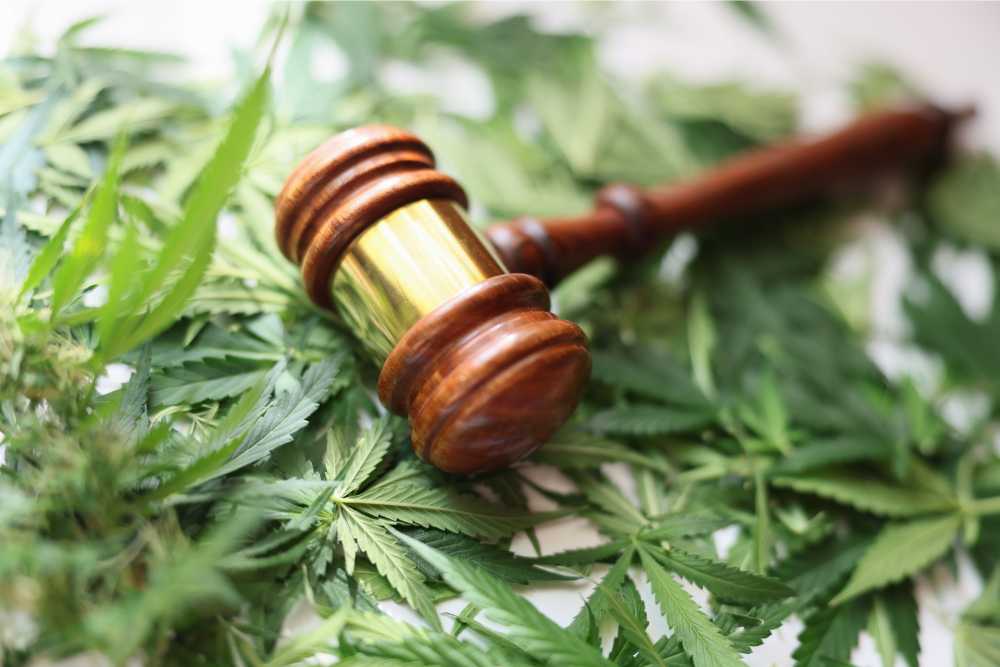THCa is one of the many cannabinoids found in cannabis plants. Unlike THC (tetrahydrocannabinol), which is known for its psychoactive effects, THCa is a non-psychoactive compound in its raw form. However, when exposed to heat through processes like smoking, vaporizing, or cooking, THCa converts into THC, the compound responsible for the “high.” The legality of THC-A vape cartridge is a topic of growing interest as cannabis laws evolve across the United States. Understanding the legal landscape requires examining both federal and state regulations.
Federal Regulations on THCa
Under federal law, cannabis and its derivatives are classified as Schedule I controlled substances under the Controlled Substances Act (CSA). This classification includes THC, which is explicitly listed as an illegal substance. The legality of THCa, however, is less clear. Since THCa is not specifically mentioned in federal law, its legal status hinges on its potential conversion to THC.
The 2018 Farm Bill, a significant piece of legislation for the hemp and cannabis industry, legalized hemp and its derivatives, provided they contain no more than 0.3% Delta-9 THC on a dry weight basis. Hemp is defined as cannabis that meets this THC threshold. Because THCa can convert to THC when heated, products with high levels of THCa may be scrutinized under federal law. If the total potential THC content (including decarboxylated THCa) exceeds the legal limit, the product may be considered illegal.
State Regulations on THCa
State cannabis laws vary widely, creating a patchwork of regulations across the country. States that have legalized medical or recreational cannabis generally permit the sale and possession of products containing THCa, often without restriction. In these states, THCa is typically treated similarly to other cannabinoids.
Moreover, hemp-derived products containing THCa may be subject to less stringent regulations in states that align with the 2018 Farm Bill. This has led to the emergence of THCa-rich hemp flower products that claim to remain within legal limits while offering users a THC-like experience after decarboxylation.
Legal Challenges and Enforcement
One of the primary legal challenges surrounding THCa is the inconsistency in testing and enforcement practices. Laboratories may test for either Delta-9 THC or total potential THC (including THCa), leading to discrepancies in whether a product is deemed legal or illegal.
Additionally, law enforcement agencies may not distinguish between raw cannabis products high in THCa and those high in THC, leading to potential legal complications for consumers and businesses alike.

